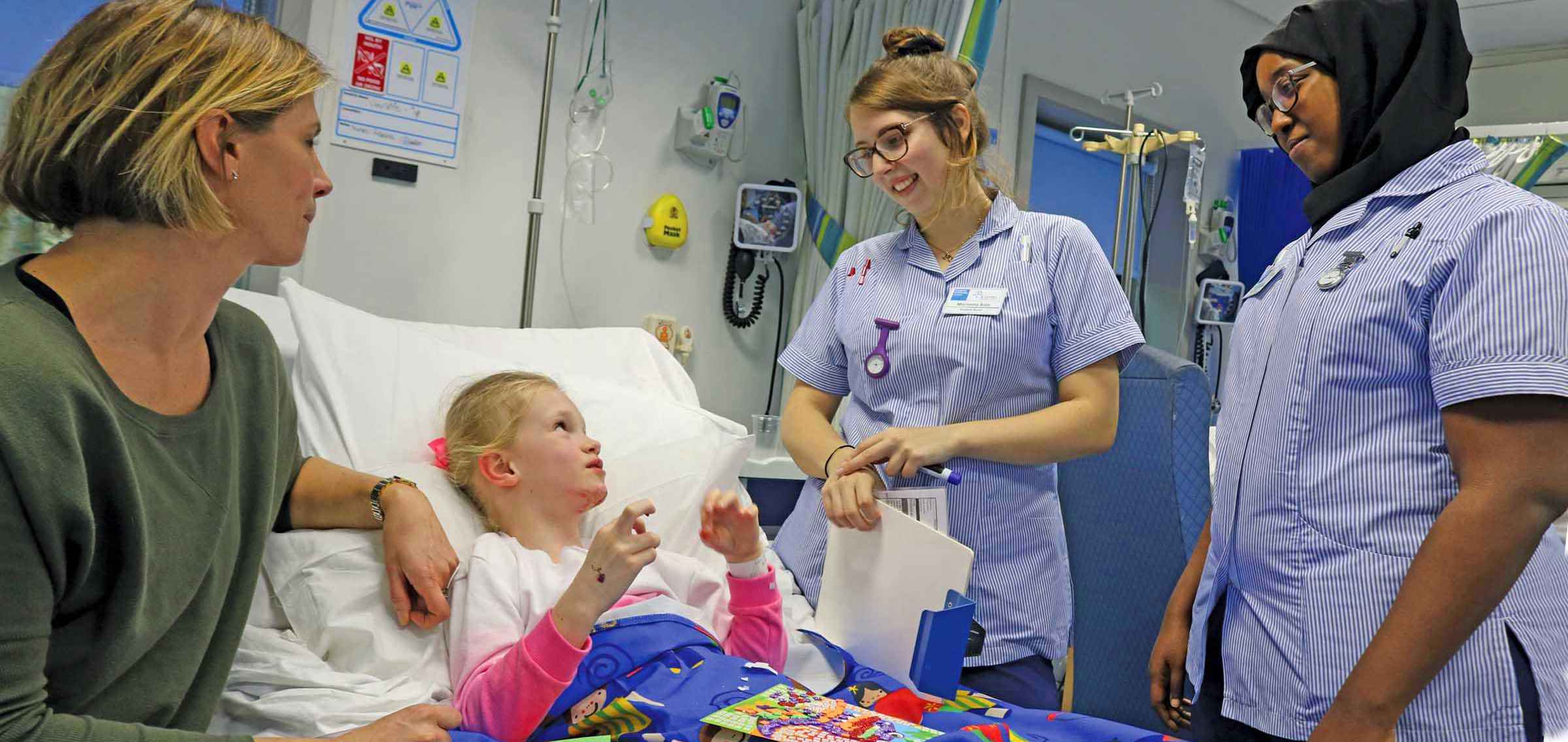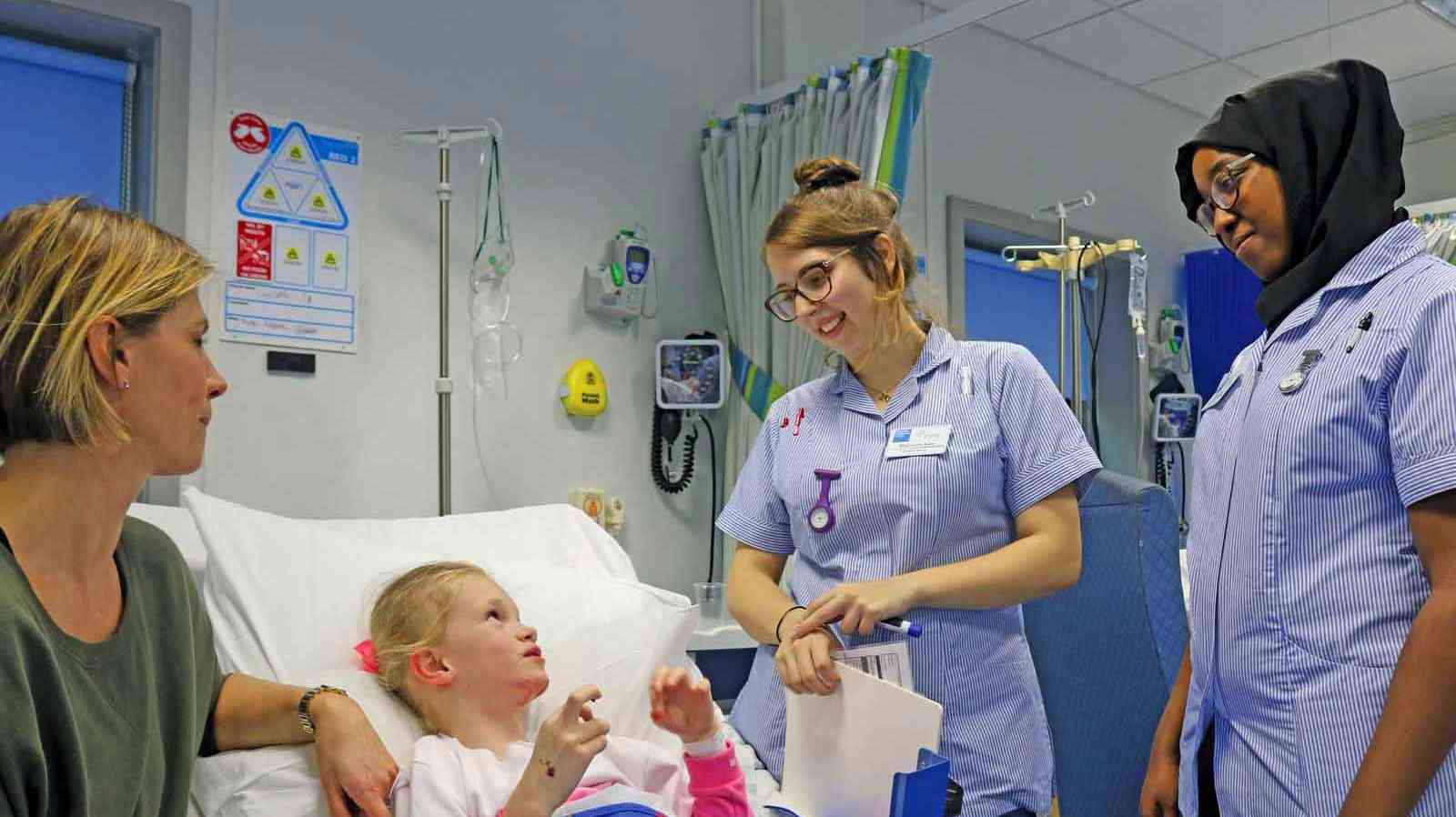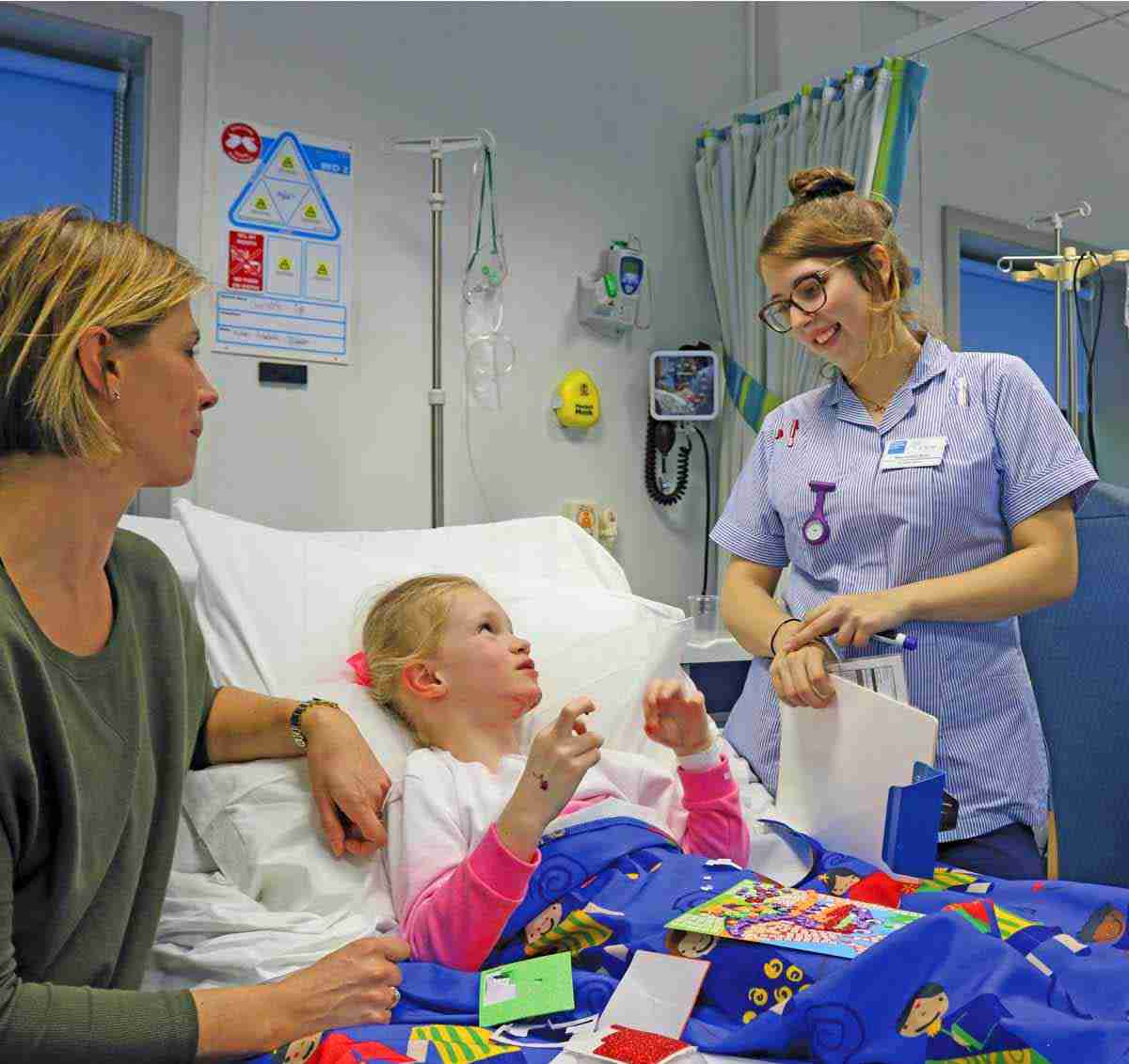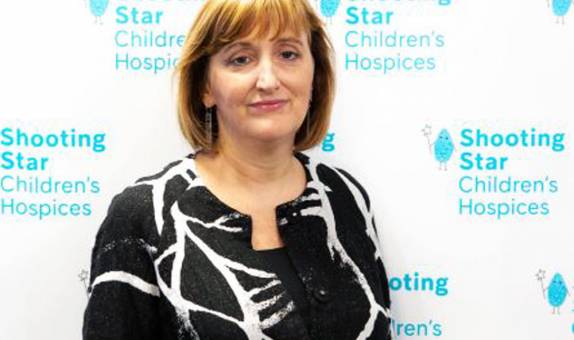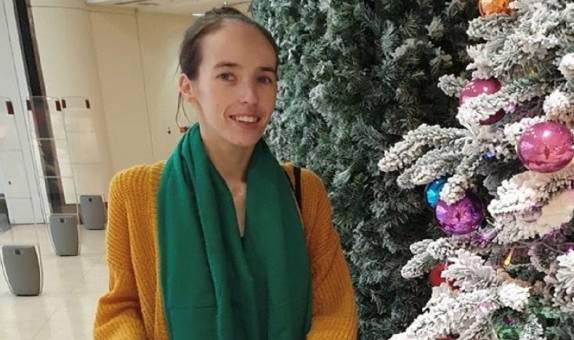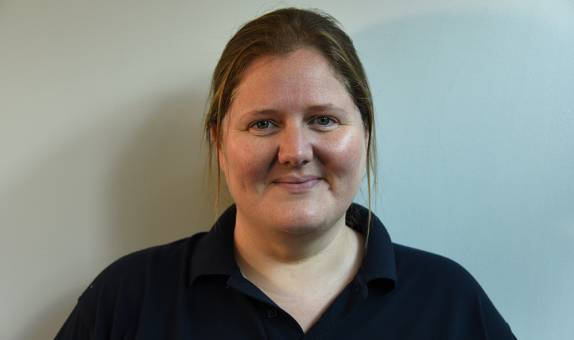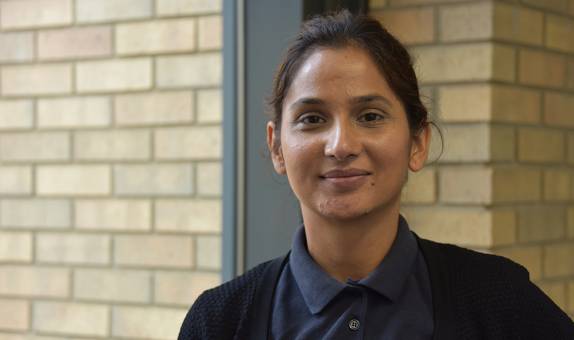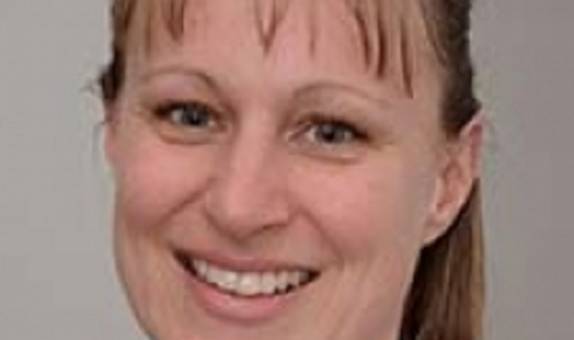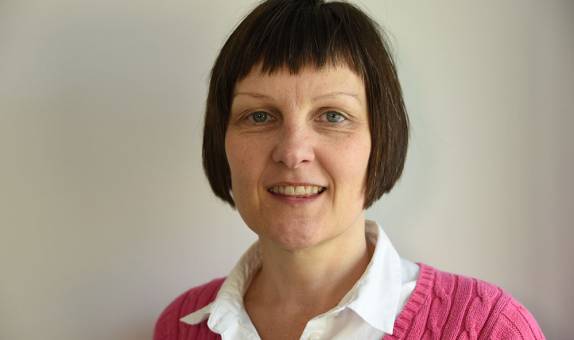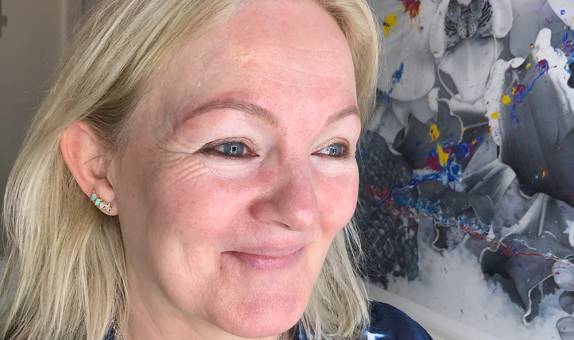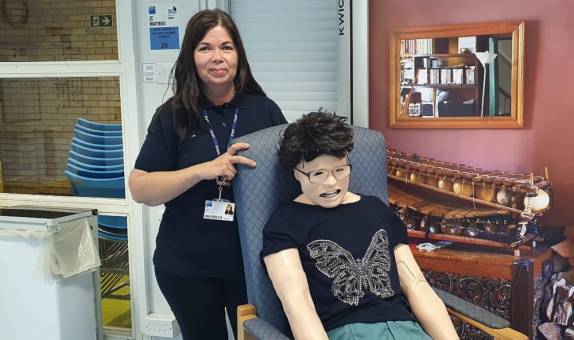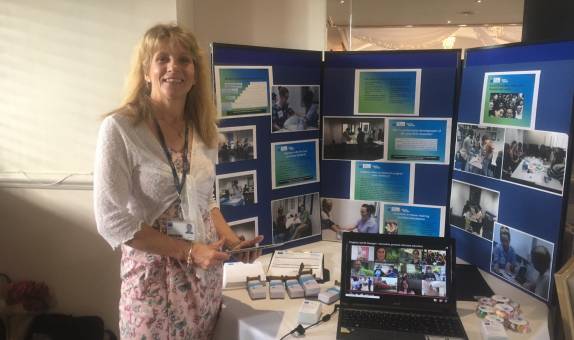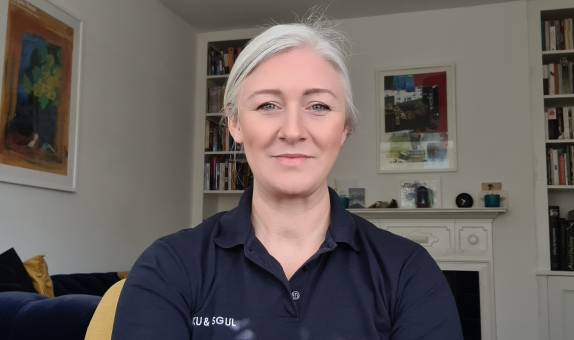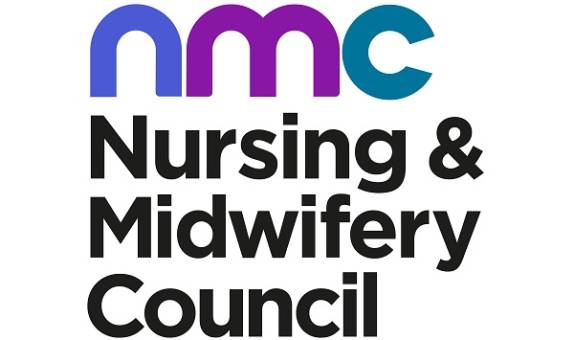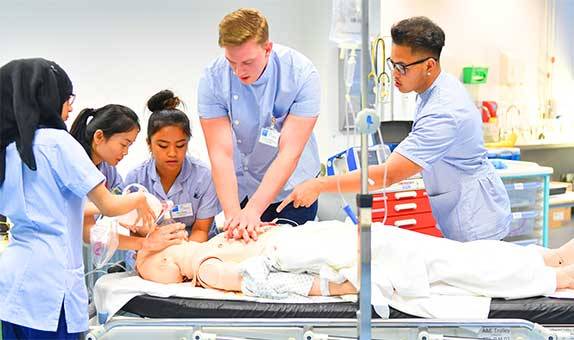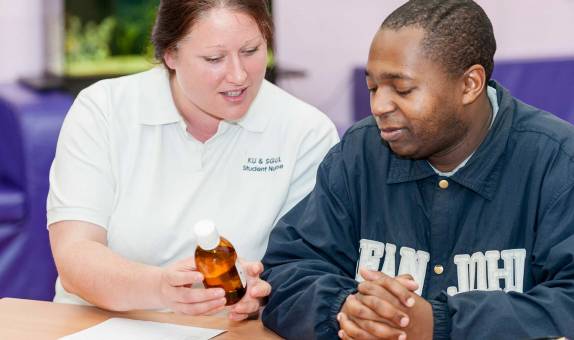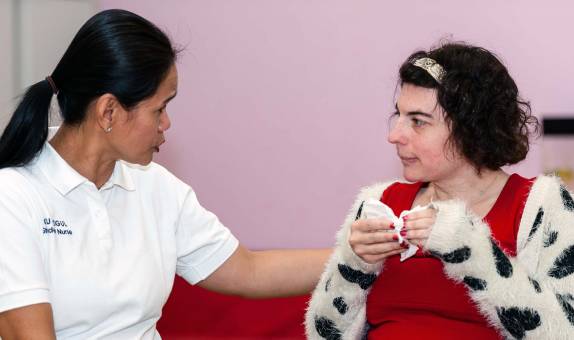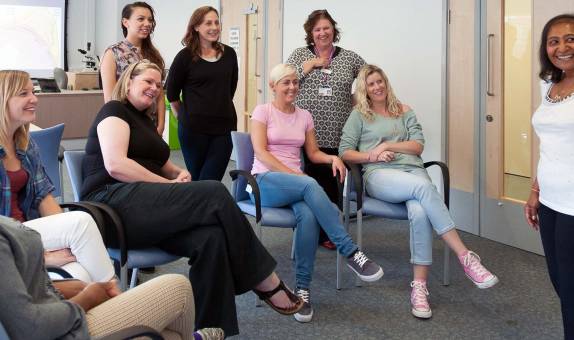Children's Nursing BSc (Hons)

Teaching Excellence Framework (TEF) Gold award
Our commitment to high quality teaching has been recognised with a TEF Gold rating. The University has received an overall rating of Gold, as well as securing a Gold award in the framework's two new student experience and student outcomes categories.
Why choose this course?
Children's nursing is very popular. This course will enable you to become a registered children's nurse with the Nursing and Midwifery Council (NMC).
You'll learn to provide evidence-based care for children and young people (birth to age 18), working in partnership with their families and with other health and social care professionals, in hospital and community settings.
You'll study modules relevant to all fields of nursing, as well as those that focus on children's nursing. You'll also learn about child development, the healthy child as well as children and young people who are acutely ill, or require complex, high dependency or palliative care.
Placement opportunities are at London's leading NHS hospitals such as Great Ormond Street, St George's, St Helier, Kingston, Royal Marsden, Chelsea and Westminster and Croydon Hospitals, as well as in community settings.
You'll be taught by a dynamic teaching team who are nationally and internationally recognised - they have contributed to key text books and achieved awards for their excellence in learning and teaching.
Throughout the course you will engage with service users, practising nurses and other healthcare professionals – in placements, classes and online learning.
NHS Training Grant
Nursing students on pre-registration courses from September 2020 will receive a payment of at least £5,000 a year which they will not need to pay back, subject to eligibility criteria. For more information please visit the NHS Business Service Authority.
| Attendance | UCAS code | Year of entry |
|---|---|---|
| 3 years full time | B732 | 2025 |
| 4 years full time including foundation year | B73F | 2025 |
Please note: Teaching on this course may take place on more than one KU campus.
| Main Location | Kingston Hill |
Reasons to choose Kingston University
- We are top in London for Nursing (The Times Good University Guide 2025).
- We are No.1 in London for Children's Nursing (Guardian University Guide 2025).
- We won two awards at the 2023 Student Nursing Times Awards, including Teaching Innovation of the Year for our simulated public health elective. This was part of our annual student nursing electives programme, which was also nominated for the Best Student Experience award, where students are supported to organise their own national or international placement of their choosing.
- Our award-winning simulation suite (Student Nursing Times Awards 2019) offers realistic environments in which to learn, including hospital wards and community settings with family role-players.
What you will study
Your studies will include core learning relevant to all fields of nursing, and modules specific to Children's Nursing.
Year 1
Year 2
Year 3
Year 1 introduces the core sciences and contexts of nursing and healthcare. You'll develop your knowledge of child development, the healthy child and the assessment and care of children and their families.
Core modules
Applied Life Sciences for Nursing Practice
30 credits
This module is designed to help you develop your knowledge and understanding of human anatomy and physiology in relation to nursing, which is an essential element of nursing proficiency.
Pathophysiology will be explored in relation to common conditions and you will also begin to develop your knowledge of pharmacological concepts in preparation for therapeutic interventions explored in Year 2.
The main features of the module are to enable you to apply scientific principles to nursing care. It will also support you to identify and understand current nursing practices underpinned by scientific theory.
Introduction to Children's Nursing
30 credits
This module introduces you to childhood development and to the principles of contemporary children's nursing. You will gain knowledge of the application of child developmental theories related to physical, psychosocial and attachment development. Childhood policies will be applied to the healthy child and their families. The core principles of evidence based care of children and their families across care settings will provide a foundation for quality care. You will also be introduced to The Code (NMC, 2018) to gain knowledge and understanding of its importance in guiding the children's nurse to deliver safe, effective and compassionate care, which is essential when caring for children and their families.
Public Health
30 credits
This module is a core requirement for all students across all fields of the BSc/MSci Nursing programmes. As an introductory module, it will enable you to develop knowledge and understanding of the principles of public health and health promotion. You will explore the global, social-political-economic and psycho-social forces on the population's health and well-being. In addition, you will explore the evolution of public health, the determinants of health and health inequalities.
Practice Assessment Module 1
Non-credit bearing credits
This module is the Practice Assessment Module which is designed to support you with the achievement of the NMC proficiencies and practice assessment requirements. The module focuses on practice preparation, reflection following practice experiences and the development of your numeracy skills.
Year 2 examines person-centred care, nursing care for children and young people with acute illness, and explores local, national and global perspectives on contemporary issues. At the end of Year 2, you will have the opportunity to undertake a national or international placement.
Core modules
Caring for children and young people with acute healthcare needs
30 credits
This module enables you to assess, plan, implement and evaluate quality nursing care for children and young people with acute illness. The nursing care will be holistic in nature therefore covering physical aspects and addressing psychological, social and cultural needs of the child and family. You will explore how care can be delivered in partnership with families and the interdisciplinary team. The care discussed will be based on best evidence and tailored to the individualised needs of the child and family.
Contemporary public health and community nursing for children and young people
30 credits
This module explores local, national and global perspectives on contemporary and future public health issues related to caring for children and young people in community and other health, social care and education settings. You develop your knowledge, skills and attitudes required to promote health and prevent ill health for children and young people in partnership with families and wider socio-political networks.
Evidence-Based Healthcare for Nursing Practice
30 credits
This module will provide you with the requisite skills and knowledge to understand the principles of evidence-based healthcare and how to apply them effectively to your clinical practice. The concepts and skills you will learn include those used to search for, review and critique evidence. You will also develop the clinical skills and proficiencies required for Part 2 of your programme, through skills and simulated practice learning activities. A key element of this will be developing an understanding of the digital technologies used for enhancing care in line with contemporary healthcare policy.
Pharmacology for Nursing Practice
15 credits
This module will provide you with the foundational pharmacological and medicines management knowledge to enable you to safely develop your skills and knowledge in the administration of medicines to clients, patients and service users. You will develop your understanding of the regulatory, legal, and ethical frameworks that influence medicines management and the underlying pharmacological science. Issues such as concordance will be explored, and the skills required to access resources to support medicines management practice. Embedded within the module is simulated practice learning that will support the development of your clinical skills related to medicines management.
Practice Assessment Module 2
Non-credit bearing credits
This module is the Practice Assessment Module which is designed to support you with the achievement of the NMC proficiencies and practice assessment requirements. The module focuses on practice preparation, reflection following practice experiences and the development of your numeracy skills.
Option module
Option Module
15 credits
In Year 2 of the course, you will have the opportunity to undertake an option module. Examples of modules available include: Global Health, Wound Management, Child and Adolescent Mental Health. You will be provided with details of all modules available at the beginning of Year 2 so you can make your decision.
Year 3 looks at caring for children and young people who require complex, high dependency, critical and palliative care. You will prepare for the transition from student to qualified children's nurse.
Core modules
Becoming a Registrant
60 credits
This module aims to explore the key areas that will enable you to transition and fulfil the role of a registered nurse. The module is designed to prepare you for professional nursing practice by further developing your knowledge and skills to enable you to be an accountable and compassionate registrant within the health and social care system. It focuses on the mechanisms that underpin care organisation and delivery, how nurses are integral to and can influence this and aims to develop your critical understanding of the factors influencing the environment in which you will be working. The role of politics in health and social care policy is critically explored and the module will provide you with the opportunities to explore these issues through a social justice lens.
Complex care for children and young people's nursing
30 credits
This module will provide you with the underpinning knowledge and skills required for your future leadership role in coordinating and managing the complex and palliative care needs of children in partnership with the family across a range of organisations and settings. You will consider, where appropriate, the wishes of the child/families, their culture and the services available within the political landscape. You will build on their knowledge of partnership and collaborative working and examine the cultural, political, psychosocial and technological influences on nursing care, resource management and finances.
Collaborative learning and teaching in practice
30 credits
This module focuses on the collaborative learning and teaching of peers, people and families/carers. You will integrate your knowledge of learning theories, communication and relational skills to enable you to work collaboratively with others, critically reflecting on the challenges this can pose. You will also develop the clinical skills and proficiencies required for Part 3 of your programme through skills and simulated practice learning activities. You will have the opportunity to critically discuss inter and intra professional working alongside developing strategies for managing challenging communication. Your clinical communication skills will be refined building on your learning from previous modules, and you will have the opportunity to explore best practice approaches to communication for supporting people their families and carers in preventing ill health and managing their care.
Leading care in children and young people's nursing
30 credits
Navigating the transition from student to a professional practitioner who is skilled at leading teams is critically important to the delivery of safe, effective and high quality health care. This module is designed to prepare you for professional nursing practice by expanding their knowledge and skills to enable you to be an accountable and compassionate leader within the health and social care system. It focuses on leadership, team working, and performance management and enables you to reflect on your transition to registered practice and build the evidence base for a career development portfolio. Some sessions will be shared across fields as they are core for all fields.
Practice Assessment Module 3
Non-credit bearing credits
This module is the Practice Assessment Module which is designed to support you with the achievement of the NMC proficiencies and practice assessment requirements. The module focuses on practice preparation, reflection following practice experiences and the development of your numeracy skills.
Nursing Foundation Year
If you would like to study one of our nursing degrees at Kingston University but are not yet ready to join the first year of a BSc (Hons) course, you can include a foundation year within your chosen field.
Future Skills
Knowledge to give you the edge
Embedded within every course curriculum and throughout the whole Kingston experience, Future Skills will play a role in shaping you to become a future-proof graduate, providing you with the skills most valued by employers such as problem-solving, digital competency, and adaptability.
As you progress through your degree, you'll learn to navigate, explore and apply these graduate skills, learning to demonstrate and articulate to employers how future skills give you the edge.
At Kingston University, we're not just keeping up with change, we're creating it.

What our students say
Entry requirements
Teaching and assessment
Scheduled learning and teaching on this course includes timetabled activities including lectures, seminars and small group tutorials.
It may also include placements, project work, practical sessions, workshops, conferences and field trips.
Who teaches this course?
Our academic team of highly skilled nurses, lecturers and researchers are known for innovation in teaching and learning. Our state-of-the-art, award winning simulation suites provide you with unrivalled opportunities to develop your skills in caring for patients, service users and children through highly realistic simulations and role play.
Course fees and funding
Additional costs
Depending on the programme of study, there may be extra costs that are not covered by tuition fees which students will need to consider when planning their studies. Tuition fees cover the cost of your teaching, assessment and operating University facilities such as the library, access to shared IT equipment and other support services. Accommodation and living costs are not included in our fees.
Where a course has additional expenses, we make every effort to highlight them. These may include optional field trips, materials (e.g. art, design, engineering), security checks such as DBS, uniforms, specialist clothing or professional memberships.
Facilities
You will be taught by the Simulated Learning and Clinical Skills Team, learning clinical skills fundamental to deliver high-quality care to patients in all fields of nursing within clinical, community and practice health settings.
You will take part in award-winning innovative simulations with role players and full body manikins that provide unprecedented opportunities to acquire, develop and maintain the knowledge, skills, values and behaviours needed for safe and effective patient care.

Links with the health sector
After you graduate
Once you graduate, you'll be recommended to the Nursing and Midwifery Council for professional registration. Kingston students are highly sought after, with students gaining first posts across Surrey and London in leading NHS and independent organisations.
Types of jobs
- Staff nurse (Paediatrics)
- Staff nurse (Paediatric intensive care)
- School nurse
- Health visitor staff nurse
- A&E nurse (Paediatrics)
- Neonatal nurse
Types of organisations
- Croydon University Hospital
- Epsom and St Helier University Hospitals
- Guy's & St Thomas's NHS Foundation Trust
- Kingston Hospital
- St George's University Hospitals NHS Foundation Trust
- Great Ormond Street Hospital
- Chelsea and Westminster Hospital NHS Foundation Trust
- Bupa Cromwell Hospital
- St Peters Hospital (Chertsey)
- Frimley Park NHS Foundation Trust
- West Middlesex University Hospital
- University College London Hospital
- Greenwich and Lewisham NHS Trust
- Western Sussex Hospitals NHS Foundation Trust
Accreditation
This degree confers both an academic award and a professional qualification in nursing. On completion of the programme, students are recommended to the Nursing and Midwifery Council for professional registration.
Key information set
The scrolling banner(s) below display some key factual data about this course (including different course combinations or delivery modes of this course where relevant).
Course changes and regulations
The information on this page reflects the currently intended course structure and module details. To improve your student experience and the quality of your degree, we may review and change the material information of this course. Course changes explained.
Programme Specifications for the course are published ahead of each academic year.
Regulations governing this course can be found on our website.
